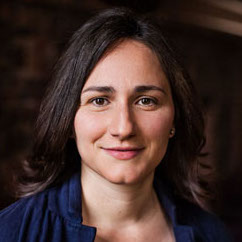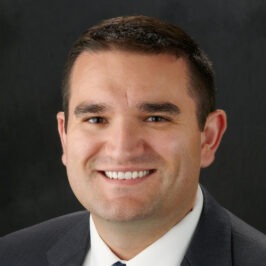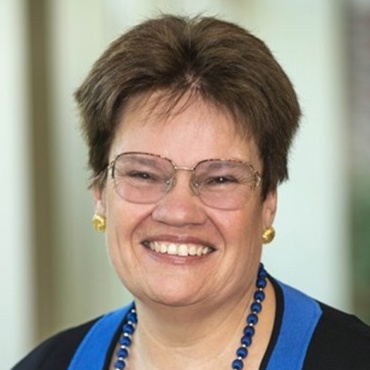New Ideas in Insurance
Virtual Speaker Series
In spring 2022, the Insurance Law Center at the UConn School of Law offers a second semester-long series of talks covering new ideas in insurance. Insurance shapes—often decisively—many aspects of our lives, from limiting police misconduct to incentivizing better driving, from regulating self-driving cars to influencing the delivery and pricing of health care. Some of the world’s leading experts from the Academy, the bar and the world of insurance regulators will speak about current developments in their fields and speculate about what the future will look like. These fascinating and important conversations are being recorded and will be available to the public.
2022
How Insurance Shaped the American Founding
January 20, 2022, 4 -5 p.m. ET
Hannah Farber, Columbia University
American maritime insurers used their position at the pinnacle of global trade to shape the new nation. The international information they gathered and the capital they generated enabled them to play central roles in state building and economic development. During the Revolution, they helped the U.S. negotiate foreign loans, sell state debts, and establish a single national bank. Afterward, they increased their influence by lending money to the federal government and to its citizens. By the early nineteenth century, insurers were no longer just risk assessors. Prof. Farber’s new book Underwriters of the United States reveals insurers as nation builders and market makers.
Watch the video.
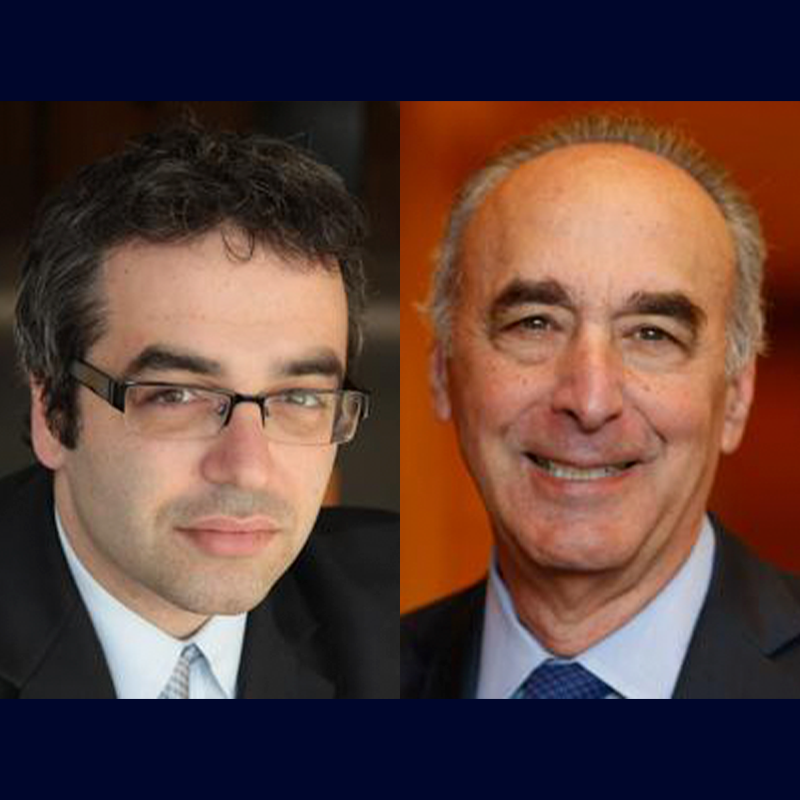
Not So Fast: The Limits of Regulation by Insurance
January 27, 2022, 4 – 5 p.m. ET
Kenneth Abraham, University of Virginia School of Law
Daniel Schwarcz, University of Minnesota Law School
Insurance law scholars have long believed that insurance does more than just transfer risk: it plays a key role in regulating the conduct of policyholders by creating incentives for risk management and in some cases requiring or forbidding certain behavior. Some have claimed that the power of insurance can be a potent substitute for direct regulation by government. Professors Abraham and Schwarcz argue that the ability of insurance to substitute for governmental regulation is more limited than we have realized.
Watch the video.
Why Health Insurance Consumers Make Bad Choices
February 3, 2022, 4 – 5 p.m. ET
Justin Sydnor, University of Wisconsin-Madison School of Business
Empirical evidence shows that for many employers who offer different levels of health insurance coverage (e.g., a high-deductible option alongside a more generous plan), one of the options ends up dominating the other, meaning that one plan is simply worse than the other for all consumers. This seems to occur because employers pass through cost differentials between the employees who opt into low vs. high coverage (typically younger/healthier vs. older/less healthy). Offering different coverage options (without any constraints on how those options are priced to the employees) creates a back-door that permits differential benefits based on health status. This talk explores the empirical and theoretical aspects of consumers choice of health insurance plans, and suggests ways that regulation should be designed to cope with consumers’ cognitive infirmities.
Watch the video.

Does the Policyholder Really Know Better? A Reversal of the Basic Assumption of the Theory of Adverse Selection.
February 17, 2022, 4 – 5 p.m. ET
Casper de Jong, retired insurance executive
Adverse selection occurs when insurance purchasers know more about their own riskiness than insurers do, and use that knowledge in deciding how much or what kind of insurance overage to purchase. Theory and much regulatory practice assume that this kind of informational asymmetry (favoring policyholders) is universal; but Mr. de Jong challenges this basic assumption, arguing instead that insurers typically know more about their policyholders’ riskiness than the policyholders themselves do. This talk explores the causes and consequences of this informational reversal.
Watch the video.
The Case for Banning (and Mandating) Ransomware Insurance
February 24, 2022, 4 – 5 p.m. ET
Kyle Logue, University of Michigan Law School
Cyber-ransom poses difficult policy questions. On the one hand, the presence of insurance may actually increase the profitability of ransom-ware attacks and create incentives for more of them. On the other, properly constructed and well-regulated insurance offers a variety of pre- and post-breach services that can reduce the likelihood and severity of ransomware attacks. This talk discusses how best to structure insurance regulation to handle these difficult tradeoffs.
Watch the video.
The Dark Side of Insurance
March 3, 2022, 4 – 5 p.m. ET
Ronen Avraham, Tel Aviv University Faculty of Law
Insurance has well-known and important benefits; but it has an overlooked dark side as well. Insurers sometimes deny coverage unjustly, shifting short-term risks to insureds (or their victims) rather than reducing them. Worse, insurers might also act to increase long-term risks: They may provide suboptimal incentives for insureds to take care, as well as present wrongdoers with incentives to target insureds as victims. Further, insurers may block technological progress and lobby for inefficient regulation, even at the expense of more long-term risks to their insureds and society. Insurers may even invest in risky products and activities to increase the demand for insurance coverage against these very same risks. Wise policy requires taking account of the dark side of insurance.
Watch the video.

Insurance Law and the Firearms Industry
March 10, 2022, 4 – 5 p.m. ET
Peter Kornman, retired attorney, Davis, Polk & Wardwell
Federal legislation known as the Protection of Lawful Commerce in Arms Act (PLCAA) poses significant limits on the ability of state governments to regulate what would otherwise be the tortious behavior of arms manufacturers. This talk explores how state governments can operate at the intersection of insurance regulation, McCarran/Ferguson, and the PLCAA to regulate gun manufacturer liability.
The Moral Economy of the Insuring Crowd
March 24, 2022, 4 – 5 p.m. ET
Geoffrey Clark, State University of New York at Potsdam
Insurance is commonly seen as a scientific application of statistical collection and probabilistic analysis to infer the value of risks. Viewed historically, however, insurance arose in a wider philosophical, religious, and political matrix in which claims to scientific knowledge and precision were just one, and not even the most important, component. This talk will survey how the origins of the life insurance business offer clues about how insurance was understood in its formative decades and how many people may understand the way insurance operates today.
Watch the video.

Race and Insurance
March 31, 2022, 4 – 5 p.m. ET
Jessica Altman, Former Insurance Commissioner for the Commonwealth of Pennsylvania
Andrew Mais, Commissioner of the Connecticut Insurance Department
My Chi To, Executive Deputy Superintendent of Insurance at New York State Department of Financial Services
We present a panel discussion in which three distinguished regulators share their views on the difficult questions posed by race-based discrimination in insurance markets.
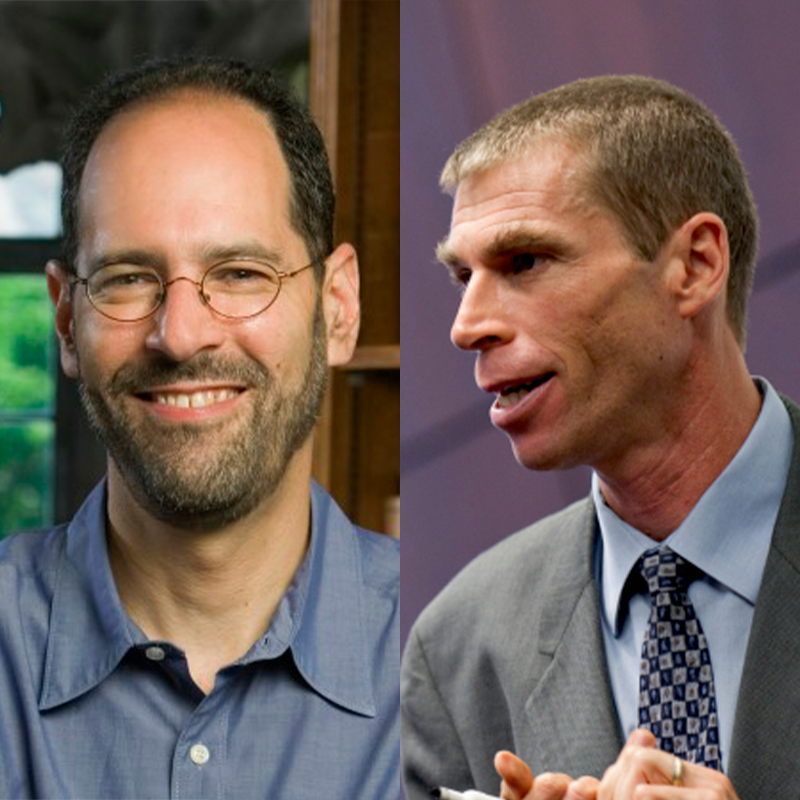
Third Party Moral Hazard
April 7, 2022, 4 – 5 p.m. ET
Peter Siegelman, University of Connecticut School of Law
Gideon Parchomovsky, University of Pennsylvania Law School & Hebrew University Faculty of Law
Conventional moral hazard occurs when the transfer of risk from policyholder to insurer leads the former to reduce its level of precautions. We surface a related phenomenon: insurance can lead third parties (who are outside of the insurance contract) to increase loss- or claims-causing behavior. Such negative externalities from insurance are widespread, and the authors offer an explanation for their origins and discuss some policy implications.
Watch the video.
Inclusive (Flood) Insurance
April 14, 2022, 4 – 5 p.m. ET
Carolyn Kousky, University of Pennsylvania
The mid-Atlantic region of the United States is experiencing accelerated rates of sea level rise, increasing flooding. And the problem is worst for lower-income residents. Unfortunately, these same residents struggle with access to the needed financial resources to recover from floods. Such recovery is a necessary condition for broader urban disaster resilience. Despite this, flood coverage for low and middle-income residents is an under-researched aspect of climate adaptation. This talk reports on ongoing research to promote accessible flood insurance for lower-income communities, with a particular focus on New York City.
Watch the video.
And Economic Wellbeing For All
April 21, 2022, 4 – 5 p.m. ET
Patricia McCoy, Boston College Law School
Sixty years ago, the majority of Americans realistically could hope to attain the middle class, today, virtually half of households struggle to make ends meet. This growing financial insecurity results from a massive transfer of financial risk from government and businesses onto individual households. This talk asks the question, when should households be expected to finance major financial milestones themselves and when should society bear more of those costs? The project draws on principles of pooling and spreading risk to propose a blueprint for better economic wellbeing for all.
2021
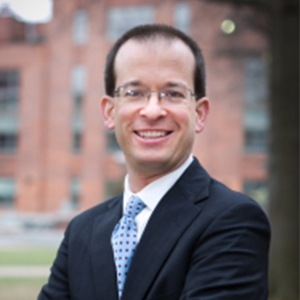
Livelihood Insurance
January 21, 2021, 4 -5 p.m.
Michael Abramowizc, George Washington Law School
Nobel Laureate Robert Shiller has argued for livelihood insurance, a financial derivative that would provide compensation when many individuals in a particular occupation suffer losses. This talk will explore why livelihood insurance did not emerge in time to protect workers in the last pandemic and what the government can do before the next crisis to protect workers in vulnerable professions.
Watch the video.
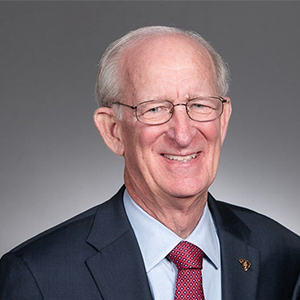
The Year We Got: Covid, 2020 and the NAIC
February 4, 2021, 4 -5 p.m.
Ray Farmer, South Carolina Department of Insurance
South Carolina Director of Insurance Ray Farmer became the NAIC president in January 2020, expecting the major issues would include the long-term care insurance market, climate and resiliency, continued uncertainties with the ACA and access to affordable health insurance, international regulatory cooperation, and the growing role of Big Data and predictive analytics. Then the pandemic arrived, demanding immediate regulatory attention and leadership, and a spring and summer of protests moved race and racism to the forefront. Several months after his term, Director Farmer will discuss 2020 and the NAIC.
Watch the video.
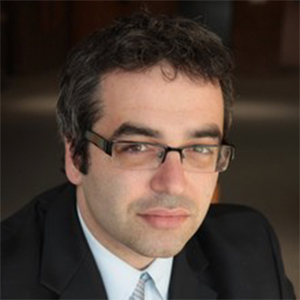
The Rules of Medical Necessity
February 11, 2021, 4 -5 p.m.
Daniel Schwarcz, University of Minnesota Law School
Historically, health insurance contracts have required coverage of virtually all “medically necessary,” “non-experimental,” care, with these terms being defined through broad standards. In recent years, however, health insurers’ contracts and practices have moved towards a more rules-based approach for defining covered health care. This talk explores how this shift undermines the effectiveness of traditional legal tools designed to constrain the risk of health insurers overreaching in coverage determinations, such as litigation, external review, internal review, and coverage mandates.
Watch the video.

Buying Data from Consumers
The Impact of Monitoring Programs in U.S. Auto Insurance
February 18, 2021, 4 -5 p.m.
Shoshana Vasserman, Stanford Business School
What happens when insurers gain better information about the riskiness of their customers? The question is of tremendous importance as new technologies allow insurers to monitor customers’ behavior and use that information to price their product. But little is known about the equilibrium effects of this kind of information–how is it priced, who agrees to provide it, what effect it has on competition among insurers, and how it affects overall welfare. This talk offers an empirical perspective on these issues.
Watch the video.

Genetic Non-Discrimination
February 25, 2021, 4 -5 p.m.
Anya Prince, University of Iowa Law School
Florida has recently passed legislation that bars life (and long-term care and disability) insurers from using genetic information in underwriting. This talk explores the intricacies of the legislation and discusses how effective it is likely to be.
Watch the video.
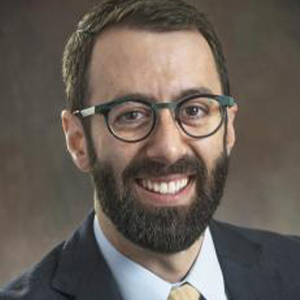
How Private Insurers Regulate Public Police
March 11, 2021, 4 -5 p.m.
John Rappaport, University of Chicago Law School
Can insurance can be used to regulate police misconduct? How effective has it been in doing so, and why might it be an effective option going forward? This talk addresses these and related issues at the intersection of insurance and civil rights.
Watch the video.

Long Term Care Insurance
March 25, 2021, 4 -5 p.m.
Tom Baker, University of Pennsylvania Carey Law School
Long term care insurance is an inherently risky product, since the evolution of medical costs is subject to great uncertainty and since socio-legal risk is highly correlated across insureds. This talk explores how insurers manage such risks.
Watch the video

Liability Claim Evaluation, Big Data, and the Persistence of Uncertainty
April 1, 2021, 4 -5 p.m.
Patricia Born, Florida State University
Outcomes of medical malpractice lawsuits reflect a great deal of uncertainty for insurers, despite their access to historical claims experience and evolving sources of “Big Data.” Variations in how people recover from certain types of injuries and how juries perceive fault, for example, can have large effects on claim payout variability. This presentation explores the role of injury types, juries, and other factors that may explain why an insurer’s initial assessment of how a claim will evolve is often off the mark.

InsurTech Adventures in Insurance Regulation: Windows, Walls and Trap Doors.
April 8, 2021, 4 -5 p.m.
Bill Goddard, Electromagnetic Advisors and UConn School of Law
What happens when the world of technology meets the world of insurance? This talk offers an insider’s account of how we got where we are, and where we’re going from here.
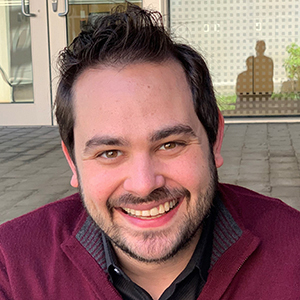
Insuring an Evolving Mobility Ecosystem: From Mustang Sally to Waymo One
April 15, 2021, 4 -5 p.m.
Asaf Lubin, University of Indiana Law School
It is widely believed that the adoption of autonomous vehicles will lead to a continual decline in the frequency of accidents and a shift towards products liability that will bring an end to automobile insurance as we know it. This presentation will make the case that automobile insurance is not going anywhere, though insurers, regulators, and manufacturers will need to adapt to a changing mobility environment.
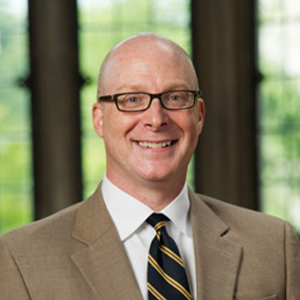
Gender in Health Insurance Pricing
April 22, 2021, 4 -5 p.m.
John Cogan, University of Connecticut School of Law
Gender rating—charging women higher premiums than men—is justified on the basis of actuarial fairness (each gender bears the cost of its own risk and does not subsidize the other). This reasoning ignores an underlying theoretical flaw in insurance classification theory: no matter what variables an insurer uses to classify risks, there will always be cross-subsidies and risk-based unfairness. Thus, I argue that using gender as a rating variable is a policy choice by insurers, not an actuarial or economic necessity.
Watch the video.
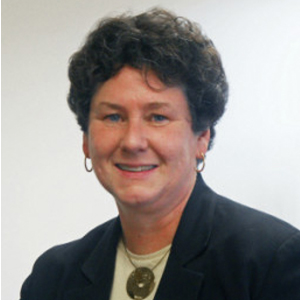
Workers Compensation, COVID-19 and Emerging Issues
April 29, 2021, 4 -5 p.m.
Susan Donegan, National Council on Compensation Insurance
Workers Compensation is the nation’s oldest social insurance system and while it has adapted as the workplace evolves, its core components of payment for medical care and income replacement due to work-place injuries and disease remain the same. With COVID-19, the importance of these benefits, their cost, and the difficulties in demonstrating causality between infection and the workplace, has led states to review their workers compensation systems and consider whether to rebalance some of its central components.
